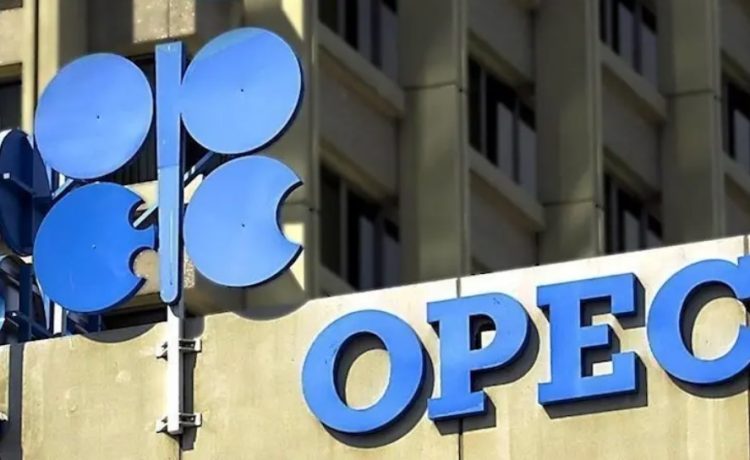The Organization of Petroleum Exporting Countries (OPEC) and its allies have reached an agreement to cut global oil production by 1.393 million barrels per day, resulting in a 20.7% reduction in Nigeria’s oil production quota.
As per the newly established production schedule discussed in a virtual meeting, Nigeria, being Africa’s largest economy, will witness a decrease in its quota to 1.380 million barrels per day from January to December 2024.
Initially, Nigeria’s expected output quotas for August, September, October, and November were 1.826 million bpd, 1.830 million bpd, 1.826 million bpd, and 1.747 million bpd, respectively.
Nigeria’s failure to meet its previous quotas has resulted in diminished dollar earnings from oil sales. A considerable amount of the country’s crude oil remains unused as buyers opt for more cost-effective alternatives.
The reduction in Nigeria’s oil production quota by OPEC poses a challenge to its oil production and exports, which can have far-reaching implications for government revenue, budget planning, and overall economic stability since oil serves as a major income source for Nigeria.
Recent data from the Nigerian Upstream Petroleum Regulatory Commission (NUPRC) reveals that Nigeria’s crude oil production dropped to its lowest level in seven months, reaching 998,602 bpd in April this year. Analysts attribute this decline to critical outages at export terminals.







